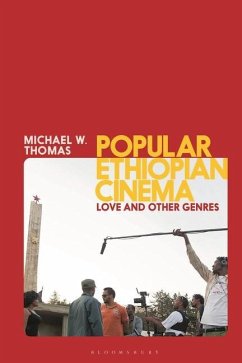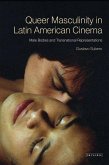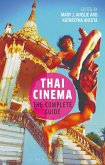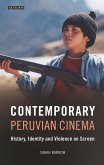This book shines much-needed light on the history, structures and films of the Amharic film industry in Ethiopia. Focusing on the rise of the industry from 2002, until today, and embedded in archival, ethnographic and textual research methods, this book offers a sustained and detailed appreciation of Amharic-language cinema. Michael Thomas considers 'fiker'/love as an organising principle in national Ethiopian culture and, by extension, Amharic cinema. Placing 'fiker' as central to understanding Amharic film genres also illuminates the continuous negotiations at play between romantic, familial, patriotic and spiritual notions of love in these films. Thomas considers the production and exhibition of films in Ethiopia, charting fluctuations and continuities between the past and the present. Having done so, he offers detailed textual readings of films, identifying important junctures in the industry's development and the emergence of new genres. The findings of the book detail the affective characteristics that delineate most Amharic genres and the role culturally specific concepts, such as fiker, play in maintaining the relevance of commercial cinemas reliant on domestic audiences.








